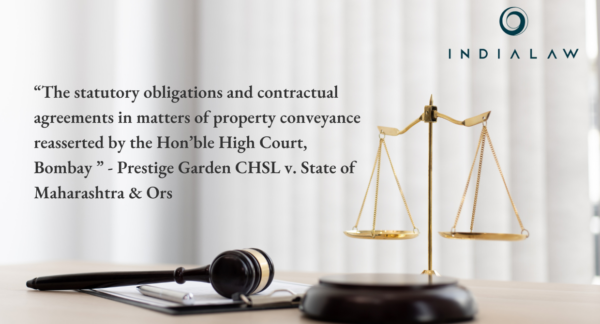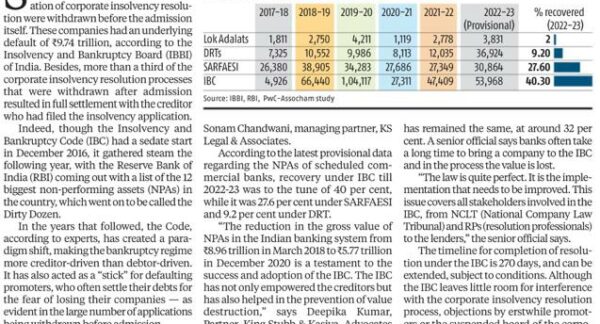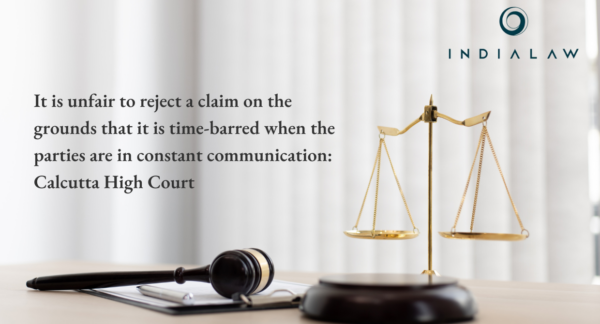Nomination Vs. Succession


In a recent judgement the High Court of Bombay in Shakti Yezdani v. Jayanand Jayant Salgaonkar [1]ruled that legal heirs and not the nominees will obtain the ownership rights of share certificates, effectively circumscribing the scope of the nomination of shares under the provisions of the Companies Act, 1956. This bunch of appeals before the High Court was to bring out clarity between the conflicts between the rights of nominees and those of successors in the case of ownership of various financial instruments, including shares of a company.
Facts
The suit was filed for administration of the estate of late Jayant Shivram Salgaonkar. The dispute was with respect to certain financial instruments including shares, which are bequeathed by late Salgonakar pursuant to a will. The said bequest was disputed by some individuals on the ground that they are the nominees of those financial instruments and shares; hence beneficiaries of the will has no right over those instruments.
Arguments
The Appellant submitted that with regard to Section 109A and Section 109B of the Companies Act 1956, nomination in respect of the shares conferred unlimited rights in respect of the shares on the nominee and there was nothing in the Companies Act to show that the shares were to be held in a fiduciary capacity by the nominee after the demise of the owner of the shares..
The learned counsel appearing for the Respondents relied upon several decisions and contended that the nomination would be always subject to the testamentary disposition by holder of shares .
Analysis and Decision of the High Court
- The High Court has analysed provisions of nomination provided under various other statutes such as the Insurance Act, Maharashtra Cooperative Societies Act, Banking Regulations Act, Government Savings Certificates Act, 1959, etc. The court observed that it is well settled that provision of nomination under these statutes are merely for the protection of the properties of the deceased pending the assertion and settlement of succession related issues by the heirs or successors of the deceased. Accordingly, an insurance company is well discharged of its payment obligation under the insurance policy, if payment is made to the nominee without conforming the ownership of the nominee over the policy. Similarly, the Maharashtra Cooperative Societies Act allows the Society to transfer the shares of the deceased member to nominee without conferring any ownership right over the nominee. Hence these provisions were made merely to give a valid discharge to the Insurance Company or the Cooperative Society to transfer the payment under the insurance policy or the membership rights in the Society to the nominee of the deceased policyholder or flat owner, as the case may be, without vesting the ownership rights in such policy of society.
- The Honourable Court observed that nomination provision under the Companies Act 1956, viz. Section 109B are not materially different from the nomination provision provided in the above referred statues and does not serve any different purpose.
- The nominee does not get absolute title to the property, which is the subject matter of the nomination. The reason is by its very nature,when a shareholder or a deposit holder or an insurance policy holder or a member of a Co-operative Society makes a nomination during his lifetime, he does not transfer his interest in favour of the nominee. It is always held that the nomination does not override the law in relation to testamentary or intestate succession. The provisions regarding nomination are made with a view to ensure that the estate or the rights of the deceased are protected till the legal representatives of the deceased take appropriate steps. The object of the provisions of the Companies Act is not to create a third mode of succession. The object of the Section 109A is to ensure that the deceased shareholder is represented by someone, as the value of the shares is subject to market forces.
- For the abovementioned reasons, the Appeal was dismissed.
Closing Remarks
The decision of the Division Bench of the High Court effectively overrides the decision of the Single Bench on Harsha Nitin Kokate v. The Saraswat Co-operative Bank Limited[2], where it was declared that nominee gets absolute right over shares and nomination overrides other modes of succession.
Decision of the Division Bench concludes the debate surrounding this issue for the time being. Since, Section 72 of the Companies Act 2013 retains the nomination provisions under the Companies Act 1956, it avoids future uncertainties regarding succession.
[1] https://indiankanoon.org/doc/90095408/
[2] 2010(112)BomLR2014




